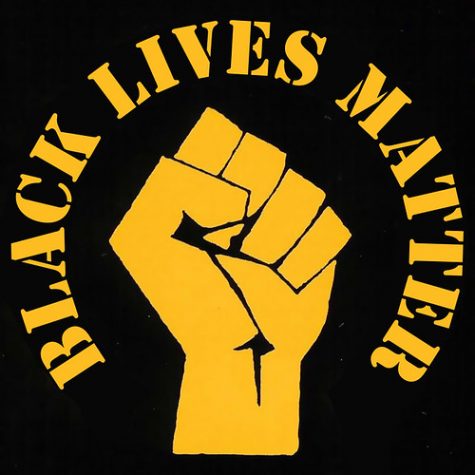Three states vote in favor of marriage equality
The 2012 Presidential Election was a monumental event, resulting in President Barack Obama’s reelection. However, the election also revealed Americans’ changing views on the issue of same-sex marriage. After years of same-sex measures losing at the polls, same-sex marriage rights passed in Maine, Maryland and Washington.
Prior to this year’s election, six states had legalized same-sex marriage. These instances of legalization were either authorized by the courts or state legislatures, so they did not necessarily reflect public opinion.
This year, same-sex marriage was legalized by the majority vote in three states. This is not only a clear reflection of popular opinion, but also an indication of progression in the fight for marriage equality.
In Minnesota, voters rejected a proposed state constitutional amendment that would have banned same-sex marriage. While preventing a same-sex marriage ban is not the same thing as legalizing same-sex marriage, it is a step in the right direction. Furthermore, Minnesota is the first state to vote against a proposed same-sex marriage ban.
In addition to successes in Maine, Maryland, Washington and Minnesota, marriage equality supporters found another victory in the election of Wisconsin senator Tammy Baldwin. Baldwin is America’s first openly lesbian senator.
These notable advancements in marriage equality indicate a significant shift in Americans’ views on same-sex marriage. If public opinion is taken seriously, which it ought to be, the Supreme Court should consider the constitutionality of denying marriage rights to same-sex couples.
Marriage equality in Maine, Maryland and Washington was achieved via ballot initiative, which served to remove the issue from a particular party or political candidate. That being said, a popular vote in several states indicates a shift in voters’ view on same-sex marriage, but the Republican Party platform still opposes marriage equality. In light of shifting public opinion on the issue, one must ask why the GOP has not shifted with the people.
Even if most current Republicans support the party’s position on marriage equality, the GOP would certainly benefit from being more accommodating.
In a representative system, candidates’ views should reflect the views of the people they represent, and it is becoming apparent that the people support marriage equality.
While America is inching closer to nationwide marriage equality, it is important to remember that allowing same-sex marriage will not necessarily eliminate the inequality faced by the LGBTQ community. Marriage laws in Maine, Maryland, Washington and Minnesota are undeniably a huge step forward, but they are not the end of the fight for LGBTQ rights. Even if marriage equality becomes a national reality, issues like youth homelessness and employment discrimination will still exist.
LGBTQ youth homelessness is a huge problem in America, with 20 percent of homeless teens being LGBTQ, compared to 10 percent of the general youth population being LGBTQ, according to the National Coalition for the Homeless.
In 19 of 50 states, LGBTQ people can be fired from their jobs for being LGBTQ. While many states protect LGBTQ people from employment discrimination, it is perfectly legal in 19 states.
Hopefully people like Baldwin will move America toward full equality for LGBTQ people, and hopefully the GOP will follow suit and change its position on marriage equality. Partisan politics aside, America is moving toward a more equitable and open-minded society.







![According to a 1993 archive from Congressional Quarterly Almanac, “[Judge] Ginsburg was known as a restrained and fair-minded judge who did her homework and then some.” She was “considered moderate to conservative on criminal issues and business law,” relatively progressive “on issues such as free speech, religious freedom and separation of church and states,” and more liberal on “civil rights and access to the courts.”](https://www.hilltopviewsonline.com/wp-content/uploads/2020/10/VP-4RBG_CC-by-WFULawSchool-475x317.jpg)
